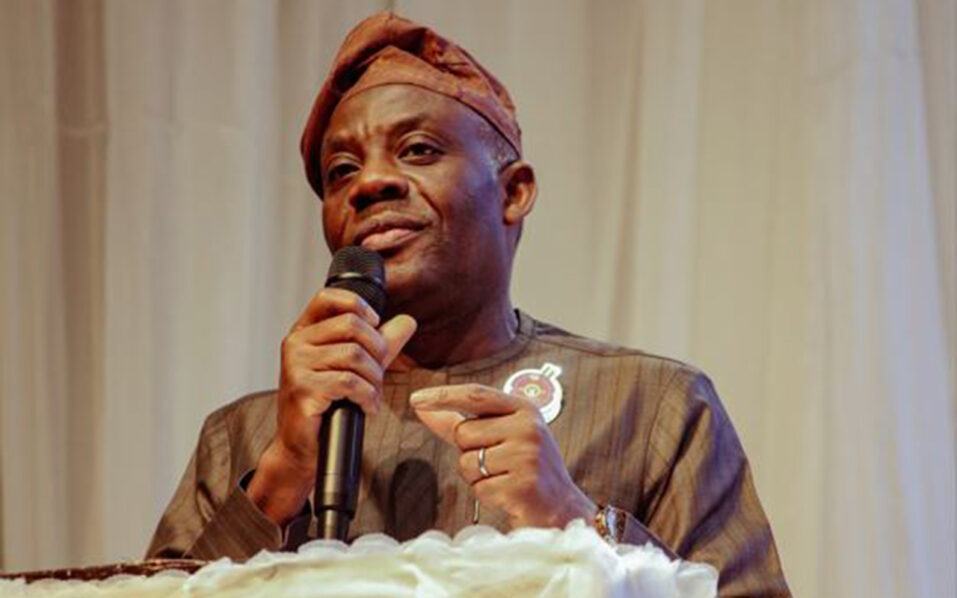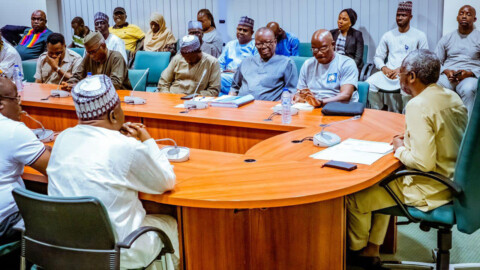The Minister of Education, Dr. Tunji Alausa, has urged students taking the ongoing 2025 West African Senior School Certificate Examination (WASSCE) to avoid shortcuts and embrace hard work as the surest path to success.
Speaking during an inspection tour of a school in Abuja, where the West African Examinations Council (WAEC) is piloting the Computer-Based Test (CBT) mode, Alausa encouraged candidates to remain disciplined and focused on their studies. He emphasised that lasting success comes through genuine effort, while shortcuts often lead to failure.
“Please continue to work hard, study hard, and as you do this, the resultant effect is that whatever exam you do, you will pass. As you navigate your life journey, you will excel. Don’t take the shortcut; anyone that does is bound to fail. Challenge yourself, be disciplined, and be a patriotic citizen,” the Minister said.
Dr. Alausa expressed strong support for WAEC’s ongoing digital transformation, praising the council for deploying CBT in the current SSCE. He said technology-driven assessments would help reduce exam malpractice associated with traditional pen-and-paper formats.
“The processes WAEC has put in place make it extremely difficult for anyone to hack the system. They are working on a local area network, not connected to the cloud, making unauthorized access virtually impossible,” he explained.
He also announced that beginning in November 2025, all objective components of WAEC’s exams would be delivered via CBT. By 2026, both objective and essay components for WAEC and the National Examinations Council (NECO) will be fully computer-based.
“I went around and monitored the screens of students answering objective English questions—it was very seamless. WAEC has shown that we can do CBT, and it’s easy,” he added.
Addressing concerns about infrastructure, the Minister admitted that while full readiness may not be achieved by November, the government remains committed to making the necessary investments.
“Are we going to be ready to provide every single needed infrastructure by November? Absolutely not. But as we move into the future, we will be ready. We have to challenge ourselves as a government and as citizens,” he said.
Dr. Alausa underscored the need to embrace innovation in education, citing global developments and the accomplishments of Nigerians in the tech space as indicators of the nation’s potential.
“We cannot keep doing things the way we’ve been doing for 300 years. The world is changing, and we must adopt technology. Nigerians are excelling everywhere in the world—we must hold ourselves to high standards,” he said.





